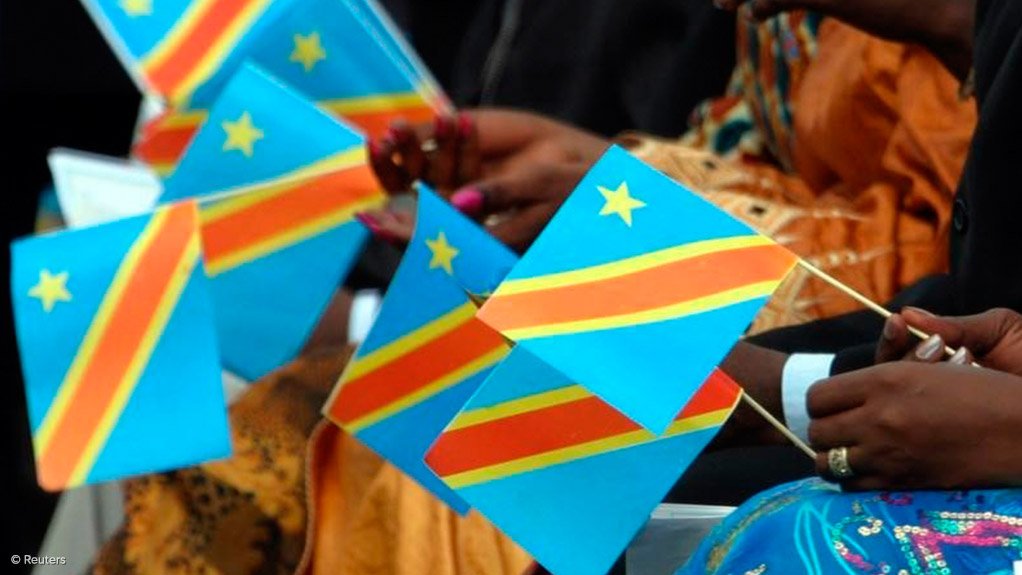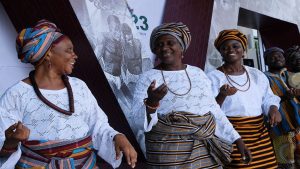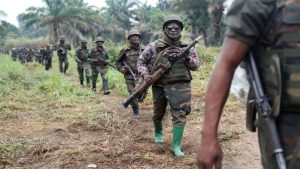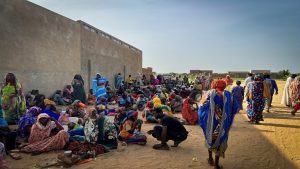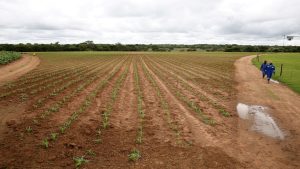South Africa has urged the United Nations Security Council not to undermine the positive political developments in the Democratic Republic of Congo (DRC) since the disputed election of President Felix Tshisekedi in January, but rather to accompany the peace process.
The council received a briefing from the head of the UN Mission in the DRC who described the ongoing election process both provincial and national as a decisive step towards strengthening the rule of law in the country.
Leila Zerrougui urged the Council to support the government in its efforts to honour the expectation of the Congolese people.
There are winds of change blowing across the DRC with the UN pointing to real opportunities to consolidate peace and security in many parts of the country while the formation of a new government is becoming increasingly urgent.
Special Representative of the Secretary General and head of Monusco, Leila Zerrougui says, “Discussions for the formation of a new government are currently underway between the Common Front for Congo, which has won the majority of national legislatures and provincial, and the Cap for Change platform, which supported President Tshisekedi’s candidacy. The two parties reached an agreement last week on the recent establishment of an individual who will be the future Prime Minister of the Republic. We cherish the hope that the new government will shortly establish and will be operational and thereby will be able to operate on the basis of the guidelines under Tshisekedi’s programme.”
Several council members pointed to positive developments on the ground including the opening of the media space, lifting of restrictions on protests and political prisoners who have been released.
The voluntary surrender or the expression of intent of hundreds of fighters from armed groups to lay down their arms as a result of the presidential shift of power was also welcomed. Their quick reintegration into society or the armed forces is seen as a critical next step.
“I think the Security Council which is charged with international peace and security should accompany this peace process. They should give more oxygen to this development. So far, President Tshisekedi has allowed peaceful demonstrations, unhindered access by all parties to their constituencies and that’s why we see this peace wave from the west to the east, or you can call it a peace train from Kinshasa moving all the way passing and where it passes you can see stability and rapprochement among the Congolese,” says South Africa’s Jerry Matjila.
The United States through Ambassador Jonathan Cohen welcomed the positive developments despite continued concerns of armed groups and cross border attacks in the East.
“We are deeply concerned about rising tensions among Burundi, Rwanda and Uganda including reports of cross-border attacks. Given the history, these are especially worrisome developments. No one wins from a proxy-war in the great lakes. The United States urges all parties to refrain from the use of violence and to respect the territorial integrity of all states in the region.”
Council is expected to renew the mandate of Monusco before the end of March, but it’s likely to be limited due to increasing calls for an independent strategic review of the UN operation in the DRC.
“The important thing, of course, is to see how Monusco can accompany this process of change and there, I think the big priority should be the protection of civilians, especially in the East where, as you know, the situation is still very difficult with a lot of armed groups killing people, raping. So, a big effort still has to be done in order to pacify the country. And then as to the future of Monusco, we think we need to have a clear exit strategy and for that we need some time to think about it,” says Belgium’s Ambassador Marc Pecsteen de Buytswerve.
South Africa also wants a greater focus on the conditions that give rise to instability in the country including the illegal exploitation of the country’s natural resources.


